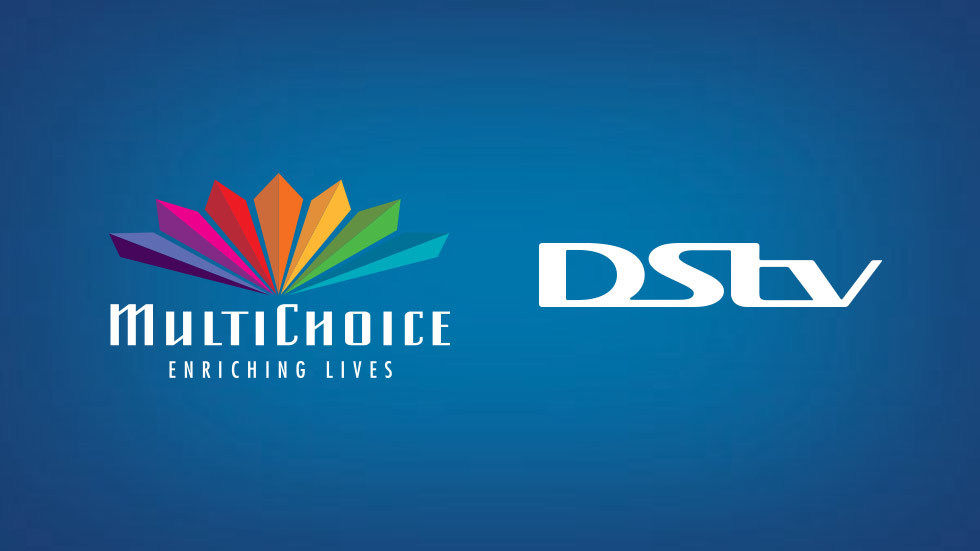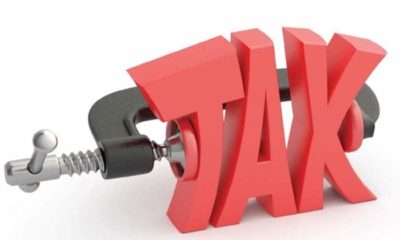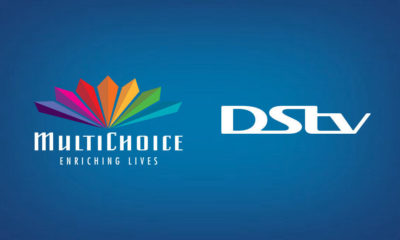The Federal Inland Revenue Services (FIRS) has beamed its light on the activities of MultiChoice Nigeria Limited (MCN) and MultiChoice Africa (MCA), the owners of DSTV, for owing the agency N1.8 trillion in outstanding taxes.
Mohammad Nami, the Chairman, FIRS, accused one of Africa’s largest corporations (MCA) and the most profitable in recent years of never paying Value Added Tax (VAT) since its inception in Nigeria.
Nami said, “Information currently at the disposal of FIRS has revealed a tax liability for relevant years of assessment for ₦1,822,923,909,313.94 (One trillion, eight hundred and twenty-two billion, nine hundred and twenty-three million, nine hundred and nine thousand, three hundred and thirteen naira, ninety-four kobo only) and $342,531,206 (Three hundred and forty-two million, five hundred and thirty-one thousand, two hundred and six dollars only).”
He, therefore, stated that all deposit money banks operating in Nigeria, where MCN and MCA have accounts, have been mandated to recover the stated amount from their bank accounts and pay the full of the companies’ tax debts to the agency.
“In this regard, the affected banks are required to sweep balances in each of the above-mentioned entities’ accounts and pay the same in full or part settlement of the companies’ respective tax debts until FULL recovery.
“This should be done before the execution of any transaction involving the companies or any of their subsidiaries.
“FIRS requested the banks to inform it of any transactions before execution on the accounts, especially transfers of funds to any of their subsidiaries.”
In a statement released on Thursday morning, the chairman said “They (foreign companies) do with impunity in Nigeria what they dare not try in their countries of origin.”
He accused the companies of sabotaging FIRS’s efforts at accessing their servers for audit.
“It was discovered that the companies persistently breached all agreements and undertakings with the Service, they would not promptly respond to correspondences, they lacked data integrity and are not transparent as they continually deny FIRS access to their records.
“Particularly, MCN has avoided giving the FIRS accurate information on the number of its subscribers and income. The companies are involved in the under-remittance of taxes which necessitated a critical review of the tax-compliance level of the company,” FIRS said
“The group’s performance does not reflect in its tax obligations and compliance level in Nigeria.
“The level of non-compliance by Multi-Choice Africa (MCA), the parent Company of Multi-Choice Nigeria (MCN) is very alarming.
“The issue with Tax collection in Nigeria, especially from foreign-based Companies conducting businesses in Nigeria and making massive profits is frustrating and infuriating to the Federal Inland Revenue Service (FIRS). “Regrettably, Companies come into Nigeria just to infringe on our tax laws by indulging in tax evasion.
“There is no doubt that broadcasting, telecommunications and the cable-satellite industries have changed the face of communication in Nigeria.
“However, when it comes to tax compliance, some companies are found wanting,” he added.


 Naira4 weeks ago
Naira4 weeks ago
 Naira4 weeks ago
Naira4 weeks ago
 Travel3 weeks ago
Travel3 weeks ago
 Naira3 weeks ago
Naira3 weeks ago
 Jobs4 weeks ago
Jobs4 weeks ago
 Naira3 weeks ago
Naira3 weeks ago
 Investment4 weeks ago
Investment4 weeks ago
 Travel4 weeks ago
Travel4 weeks ago

























